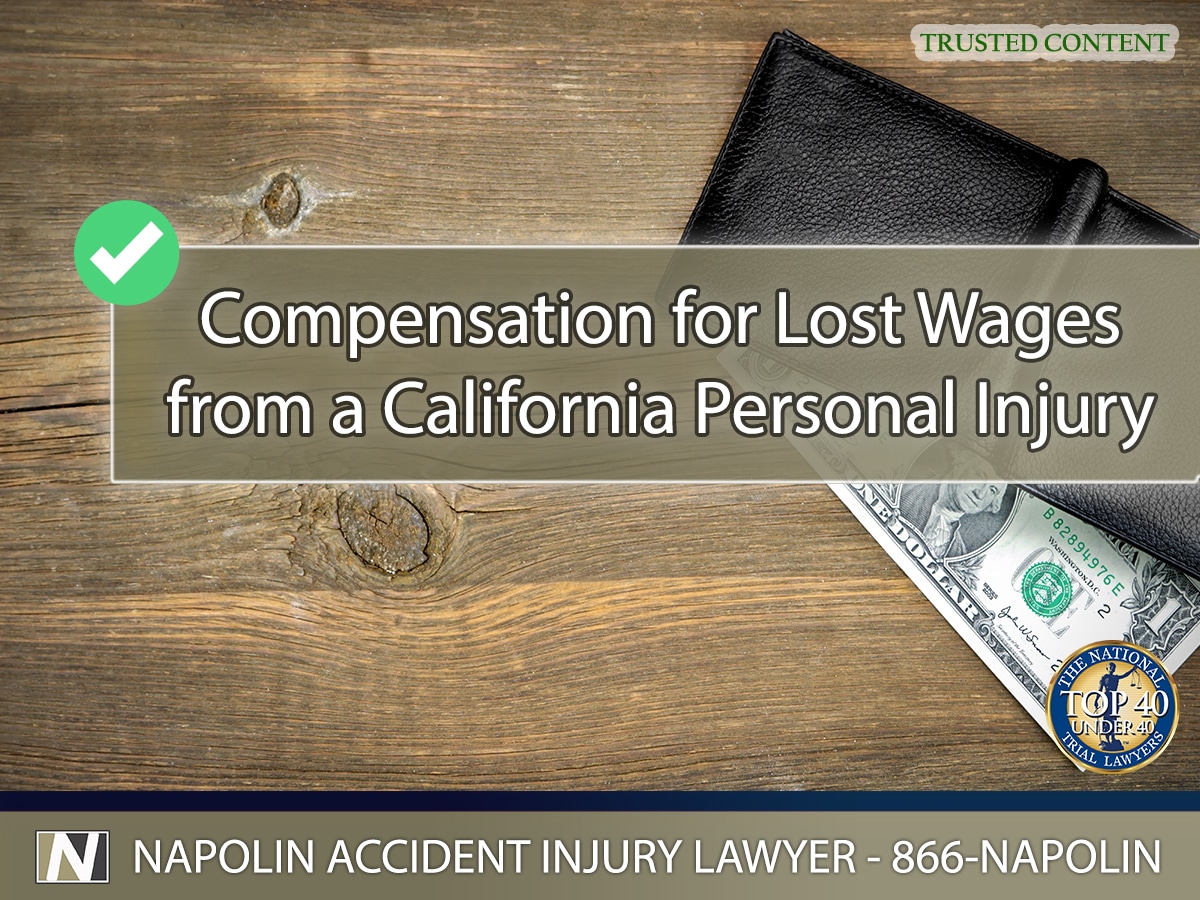Discovering Gentle in Darkish Locations – Verfassungsblog – Cyber Tech
Particular Obligations for Local weather Change and Ocean Acidification Mitigation
Can the brand new advisory opinion deciphering the United Nations Conference on the Regulation of the Sea (UNCLOS) transfer us past the lethargy of unmet local weather change coverage wants? The Worldwide Tribunal for the Regulation of the Sea (the Tribunal, ITLOS) established the gravity of this query by stating that “local weather change represents an existential menace and raises human rights issues” (para. 66). The advisory opinion recognized quite a lot of particular State local weather change obligations beneath UNCLOS in response to the request of the Fee of Small Island States (COSIS).
The Tribunal acted each boldly and conservatively by deciphering UNCLOS as an unbiased supply of worldwide legally binding obligations to handle local weather change and ocean acidification. When States develop into events to UNCLOS, they comply with shield and protect the marine surroundings, and so they additionally make the extra particular dedication to stop, cut back, and management air pollution of the marine surroundings. By accepting the COSIS request, ITLOS boldly superior the worldwide regulation of local weather change to take full account of its dangerous impacts on the marine surroundings.
The Earth’s floor is about 70 % ocean; the ocean absorbs 95 % of our extra warmth and over 25 % of our extra carbon dioxide, contributes half of Earth’s oxygen manufacturing, and gives different providers that maintain life as we all know it. But up to now State obligations negotiated by means of the worldwide local weather change regime and applied in nationwide legal guidelines have been nearly completely oriented to land, and a few have argued that solely the local weather change treaties—particularly, the UN Framework Conference on Local weather Change (UNFCCC) and the Paris Settlement—regulate worldwide obligations to regulate greenhouse fuel (GHG) emissions. This advisory opinion finds that UNCLOS regulates all sources of GHG emissions into the environment as air pollution of the marine surroundings; consequently, States Events have particular obligations beneath UNCLOS to handle their GHG emissions.
When ITLOS asserted the relevance of UNCLOS as an unbiased supply of local weather change-related obligations, together with land-based emission sources, it put a highlight on commitments which can be, in some methods, extra concrete than these discovered within the UNFCCC or the Paris Settlement. It characterised the “due diligence” normal for these obligations as a demanding, goal, science-based normal, not “no matter measures States deem needed” (para 206). The dialogue of due diligence within the opinion and within the declarations of Judges Jesus and Kittichaisaree are an vital contribution to worldwide jurisprudence, significantly related to environmental issues.
On the similar time, the Tribunal’s interpretation was additionally conservative within the sense that it was a simple studying of the UNCLOS textual content. Having analyzed UNCLOS article 1, paragraph 1(4) to find out that the definition of “air pollution of the marine surroundings” was relevant to anthropogenic GHG emissions into the environment, the Tribunal’s process was to interpret UNCLOS “in good religion in accordance with the strange that means to be given to the phrases of the treaty of their context and within the gentle of its object and objective” (para. 29, citing the Vienna Conference on the Regulation of Treaties, article 31). It did so, with out implying any synthetic constraint in deference to the local weather change regime. This opinion has additionally been seen as “conservative” by some in that it didn’t additional discover the relevance of worldwide human rights regulation and it offered solely restricted dialogue of State duty and legal responsibility.
Common and Particular Obligations
ITLOS decided that UNCLOS, article 194, paragraph 1, which requires States to take all “needed” measures to “stop, cut back and management air pollution of the marine surroundings” and which covers “any supply” of air pollution whether or not from land-based sources, seabed actions, dumping, vessels, and the environment, applies to anthropogenic GHG emissions.
The Tribunal then moved to a dialogue of what the duty to take “all needed measures” consists of, figuring out discount of anthropogenic GHG emissions into the environment as central, primarily based on its studying of article 194, paragraph 3 (para. 205). It discovered that States should take note of greatest out there science, particularly the Intergovernmental Panel on Local weather Change (IPCC) experiences and related worldwide guidelines and requirements, resembling these present in local weather change treaties, MARPOL, and the Chicago Conference (paras 70-82, 441). The Tribunal emphasised on this respect, “the worldwide temperature purpose of limiting temperature improve to 1.5°C above pre-industrial ranges and the timeline for emission pathways to attain that purpose” offered within the Paris Settlement, linking this authorized obligation to the IPCC assertion that “[l]imiting warming to 1.5°C implies reaching web zero CO2 emissions globally round 2050 and concurrent deep reductions in emissions of non-CO2 forcers, significantly methane” (paras 63, 441).
Additional analyzing UNCLOS, IPCC experiences and obligations in different treaties, the Tribunal lays out many particular measures that States can and will implement (paras 70-82). In doing so, States ought to “endeavour to harmonize their insurance policies” to handle this downside the place each State’s motion impacts each different State (para 441).
ITLOS additional discovered that, whereas world and regional cooperation on local weather change are needed, it’s not sufficient to easily “participat[e] within the world efforts to handle the issues of local weather change. States are required to take all needed measures, together with particular person actions as applicable” (paras 202, 294-321). It acknowledged that “articles 213 and 222 of the Conference needs to be interpreted as imposing an obligation to undertake legal guidelines and rules and to take measures essential to implement, amongst others, guidelines and requirements set out in local weather change treaties and different related devices” (para. 286). States with capability should present technical help to others (paras 322-339).
Below UNCLOS and customary worldwide regulation, all States have duties to undertake environmental evaluation, to observe their actions, and to report the outcomes. The ITLOS advisory opinion famous that this helps States in complying with their obligations beneath articles 192 and 194 of UNCLOS, and “is an important a part of a complete environmental administration system” (para. 353). It says that the obligation applies to land-based actions in addition to these at sea (para. 360). ITLOS additionally offered extra specificity in regards to the contents of environmental assessments than has been the case up to now, addressing factors of explicit relevance for local weather change and ocean acidification, resembling evaluation of cumulative impacts and socio-economic impacts (paras 340-367). It notes that the Settlement on Biodiversity Past Nationwide Jurisdiction comprises detailed provisions on environmental affect evaluation procedures, together with monitoring (para. 366).
The Tribunal quoted the IPCC 2018 and 2019 experiences’ suggestions to mitigate GHGs, which included defending and enhancing coastal blue carbon ecosystems, “energy-demand reductions, decarbonization of electrical energy and different fuels, electrification of power finish use, deep reductions in agricultural emissions, and a few type of carbon dioxide removing” (paras 56, 63). For States that endeavor to implement the ITLOS advisory opinion this may be steerage to concrete actions, though ITLOS doesn’t say that UNCLOS requires them to do any of these issues: that may have strayed past the Tribunal’s conservative interpretive strategy.
Normal for Efficiency of Particular Obligations
The advisory opinion concluded that the efficiency normal for taking all measures essential to mitigate GHG emissions is due diligence, following its prior choices within the Space Advisory Opinion and the IUU Fishing Advisory Opinion (paras 233, 234). The Tribunal noticed that some members recognized sure obligations as requiring “States to undertake all measures needed to make sure that sure occasions is not going to happen”, not like the due diligence obligations analyzed within the Space Advisory Opinion (para. 255).
Some submissions described due diligence as merely requiring {that a} State take measures towards a selected final result; others rejected a pointy distinction between obligations of conduct and obligations of consequence on this context. Choose Jesus, in his Declaration, discovered that whereas article 194, paragraph 2 “is an obligation that requires measures of due diligence, this obligation additionally imposes the achievement of outcomes,” primarily based on its description of the consequence to be obtained; nonetheless he wouldn’t apply paragraph 2 to anthropogenic GHGs (Jesus, paras 12, 16).
The Tribunal acknowledged that article 194, paragraph 2, and different obligations “are formulated in such a approach as to prescribe not solely the required conduct of States but additionally the supposed goal or results of such conduct”. (para. 238, emphasis added) It concluded, nonetheless, that articles 192 and 194 impose obligations of conduct (paras 441(c), (d)). Nonetheless, it mentioned that due diligence is variable and topic to the next elements that make it a demanding normal:
- “Mandatory measures needs to be decided objectively;” they don’t seem to be merely no matter States choose (paras 206, 257).
- Mandatory measures are to be primarily based on greatest out there science and the IPCC particularly; however scientific certainty just isn’t a related issue. Uncertainty needs to be addressed by the precautionary strategy (para. 213).
- For article 194, paragraph 1, the “normal of due diligence is stringent, given the excessive dangers of significant and irreversible hurt to the marine surroundings from such emissions” (para. 441).
- The place there’s a danger of transboundary air pollution affecting the surroundings of different States, the usual beneath article 194, paragraph 2, “may be much more stringent” and “extremely demanding” (paras 256, 257, 441(d)). It’s attention-grabbing that the Tribunal distinguished the due diligence normal for transboundary air pollution beneath article 194(2) as presumably extra stringent than the overall rule beneath article 194(1), since all GHG air pollution is, by nature, transboundary.
- Article 192 requires “measures as far-reaching and efficacious as potential to stop or cut back the deleterious results of local weather change and ocean acidification on the marine surroundings. The usual of due diligence beneath article 192 is … stringent given the excessive dangers of significant and irreversible hurt to the marine surroundings” (para. 399).
Different elements present flexibility for the State to implement its obligations:
- States are to hold out article 194, paragraph 1 obligations utilizing “the perfect practicable means at their disposal” (paras 225-226, quoting article 194). ITLOS defined that “the scope and content material of needed measures might range relying on the means out there to States and their capabilities, resembling their scientific, technical, financial and monetary capabilities” whereas stating that this justifies neither postponement nor exemption from taking all needed measures (paras 225, 441).
- ITLOS famous that article 193 acknowledges the sovereign proper of States to take advantage of their pure assets pursuant to their environmental insurance policies, a proper balanced with “their obligation to guard and protect the marine surroundings” (paras 187, 380). Choose Kulyk recommended that this “presents States flexibility in figuring out the way to steadiness useful resource exploitation with environmental safety” and that “States are anticipated to adapt their measures to evolving technological, environmental and socio-economic developments” (Kulyk Declaration).
Implementation of Particular Obligations
The Tribunal additionally addresses how states are to stop, cut back and management GHGs and the steps that they have to take to guard and protect the marine surroundings, deciphering articles 195 and 196 of UNCLOS. Traditionally, some approaches to managing air pollution had the impact of inflicting air pollution elsewhere—for instance, incinerating trash to scale back landfills brought about air air pollution. Article 195 completely prohibits this type of apply. It states:
In taking measures to stop, cut back and management air pollution of the marine surroundings, States shall act in order to not switch, immediately or not directly, injury or hazards from one space to a different or rework one sort of air pollution into one other.
The Tribunal provides the instance of marine geoengineering, which “can be opposite to article 195 if it has the consequence of reworking one sort of air pollution into one other” (para. 231). The Tribunal additionally flags article 196, which extends the obligation to stop, cut back and management air pollution of the marine surroundings to applied sciences and introduction of alien or new species that “might trigger important and dangerous adjustments thereto” (para. 231). In exhibiting how these obligations apply to stopping, lowering and controlling GHG air pollution, the Tribunal attracts our consideration to elementary rules of environmental administration.
Accountability and Legal responsibility for Breach of Particular Obligations
The failure of a State Get together to take efficient steps to offer impact to the perfect out there scientific proof in respect of local weather change will expose a State Get together to the danger of duty and legal responsibility beneath UNCLOS (para 223). The results for a State’s breach of its worldwide obligations can embrace the requirement to stop the wrongful motion and legal responsibility for reparations, together with compensation, restitution, and satisfaction, beneath the customary worldwide regulation doctrine of state duty.
Below the Settlement for the institution of the Fee of Small Island States on Local weather Change and Worldwide Regulation, the COSIS mandate refers to “duty for accidents arising from internationally wrongful acts in respect of the breach of … obligations [relating to the protection and preservation of the marine environment].” The Tribunal concluded that, if a State fails to honor the obligations associated to local weather change that it recognized on this advisory opinion, the State can be accountable and is perhaps chargeable for the results (paras 286). Nonetheless, it determined that problems with duty and legal responsibility had been past the scope of the COSIS request for an advisory opinion, observing that COSIS didn’t point out these points in its request (para. 145-148).
Conclusion
Choose Kittachaisaree quoted these passages from Dante, “It’s all the time darkest simply earlier than the daybreak. … Even within the darkest locations, we are able to discover gentle if we solely seek for it.” People reside on land, and the marine surroundings appears distant—the view that “there’s nothing on the market” just isn’t unusual.
ITLOS has proven UNCLOS to be a dwelling treaty that may present a beacon to information States as they face the advanced and demanding process of combating local weather change. Whereas not as effectively referred to as the UNFCCC and the Paris Settlement, UNCLOS is a vital conference that was negotiated over a few years, and which has sturdy and globally consultant participation with 168 State events that embrace main economies and growing States, maritime and landlocked States, main GHG emitters (together with China, India, the EU, and Russia, however not the USA) and States most threatened by GHG emissions. This transient overview of legally binding obligations recognized within the advisory opinion has proven the boldness of the Tribunal in asserting that the significance and attain of States’ obligations beneath UNCLOS extends to taking all measures needed to stop, cut back and management all GHG emissions from any supply, that these are stringent and objectively decided obligations, although they could range in keeping with a State’s capabilities and out there assets. ITLOS’s conservative interpretation of worldwide regulation, utilizing conventional canons of building, makes this a sturdy contribution to local weather change jurisprudence.



